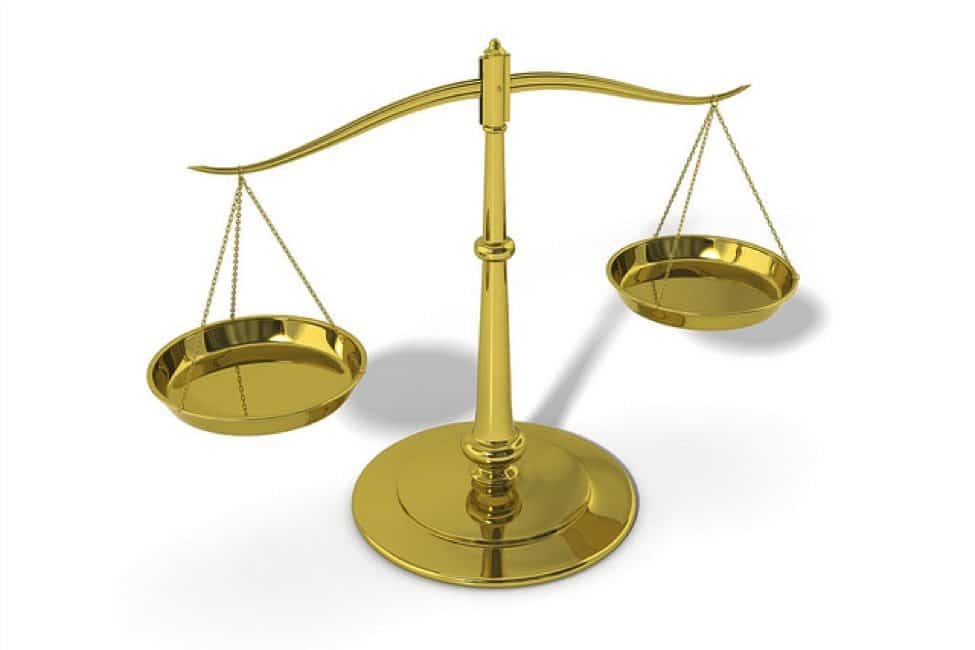
Why Should I Register a Trademark?
Among the most frequently asked questions that we receive at Revision Legal is, “What are the benefits of trademark registration?” Trademark registration provides a mark owner with numerous benefits, the most important of which are: Federal priority over all others to use the trademarked term in commerce in association with the sale of goods or services; A […]
Read more about Why Should I Register a Trademark?


